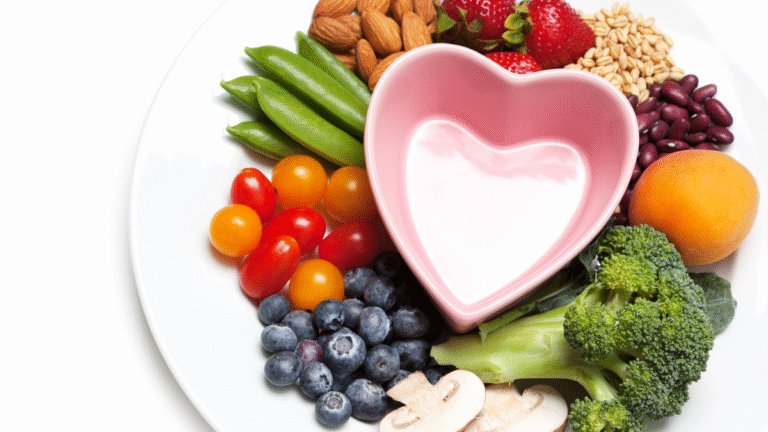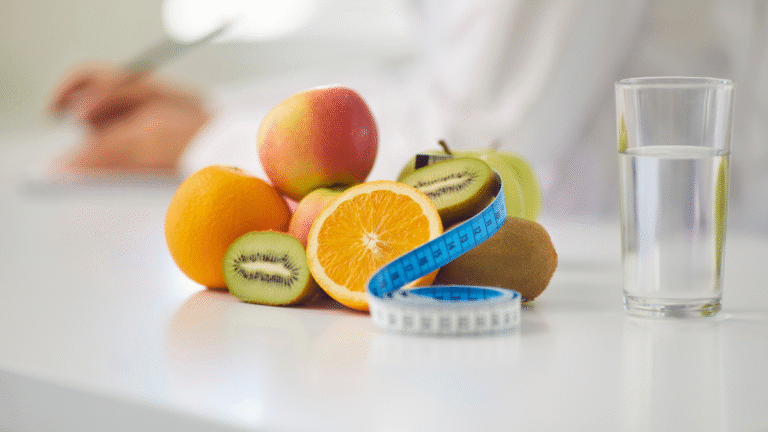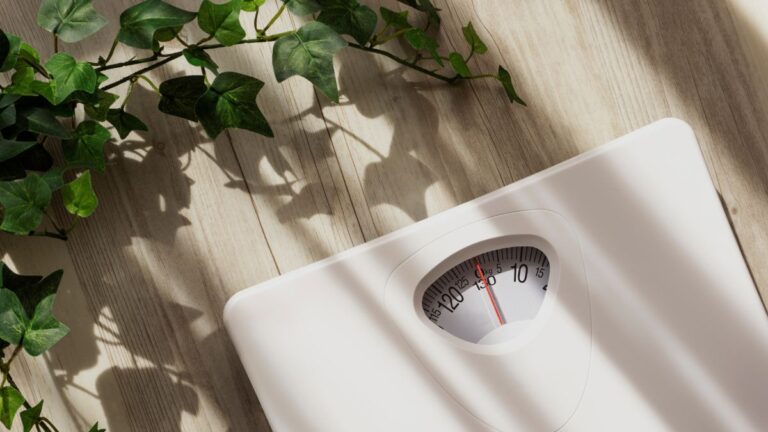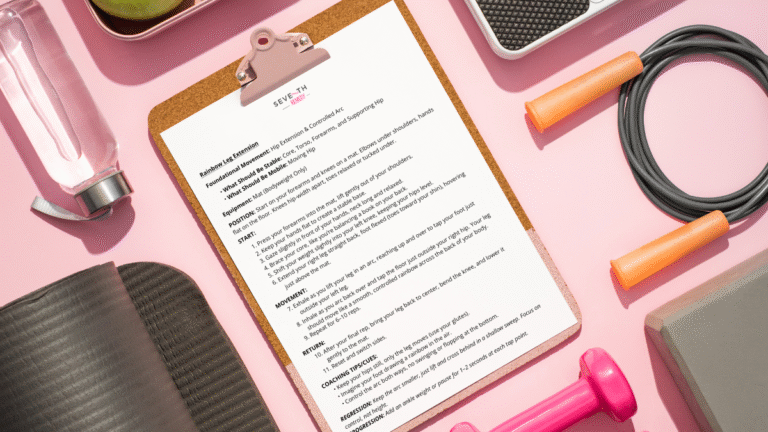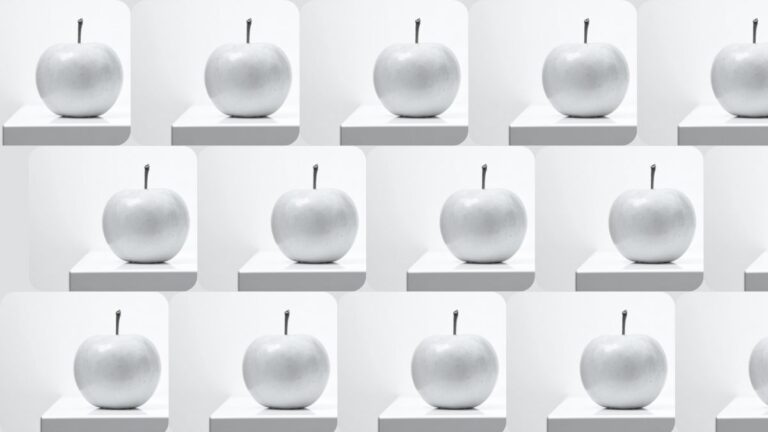How Taste Buds Change When You Eat Less Ultra-Processed Foods

Your taste buds get “trained” by what you eat most often.
If you eat a lot of ultra-processed foods, sweet, salty, rich, or artificially flavored, your tongue and your brain start to expect those flavors. Anything less intense, like fruit, plain yogurt, or even dark chocolate, can taste bland or even “gross” at first. That’s normal.
Ultra-Processed Foods Set The “Volume” Of Flavor Really High
It’s like listening to music on full blast all the time. When you switch to softer, natural sounds, you can barely hear them at first. But over time, your ears adjust. The same thing happens with your mouth.
The more often you eat real, whole foods, the more your taste buds begin to notice the sweetness in fruit, the richness in nuts, and the creaminess in plain yogurt.
It’s A Process, Not an Instant Switch
Most people need at least two to three weeks before things start to taste different. The foods that were “blah” at first begin to taste sweeter, richer, or more satisfying. It’s not magic. It’s biology: taste buds regenerate roughly every two weeks1 and become more sensitive to natural flavors when they’re not bombarded by heavy additives.
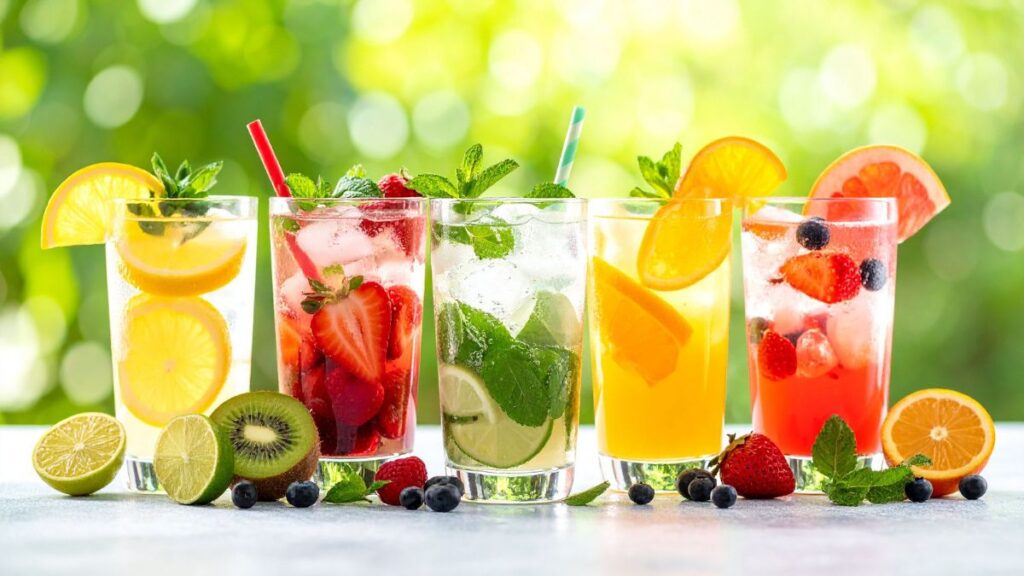
A Simple Way to Help It Along
Drink lots of water and include crunchy textures, like fresh vegetables, apples, or lightly salted nuts. Staying hydrated and eating foods that make you chew a little more helps cleanse your palate and wake up those regenerating taste buds.
Why Does This Matter?
When you give it a little time, the foods that used to taste boring can become delicious, and your old favorites can start to taste almost too sweet or salty. This is how people who once hated fruit or dark chocolate end up craving them instead of soda or candy bars.
The Bottom Line
What tastes bland now won’t always taste bland. Your taste buds (and your brain) will adjust, but they need time away from ultra-processed foods to “turn down the volume” and notice the good stuff in real food.
You don’t have to eat perfectly. Start with small swaps and pay attention to what your body tells you. The less your food looks and tastes like it came from a factory, the better you’ll feel and the easier it becomes to choose foods that truly satisfy.
Your body is wired to adapt. Give it a chance, and you’ll be surprised by what actually tastes good in a few weeks.
Resource
- Barlow LA. Progress and renewal in gustation: new insights into taste bud development. Development. 2015 Nov 1;142(21):3620-9. doi: 10.1242/dev.120394. PMID: 26534983; PMCID: PMC4647210. https://pmc.ncbi.nlm.nih.gov/articles/PMC4647210/ ↩︎
Photo Credits
Food processing factory by J Galione from Getty Images Signature
Refreshing Fruit Infused Water with Summer Fruits by TrueCreatives
Editorial Note: Portions of this article were supported by editorial tools, including AI. All content is researched, written, and reviewed by me before publication.
This article is for educational purposes and is not intended to replace medical consultation. Always consult a healthcare professional before making health-related decisions.
Most programs teach exercise.
The Remedy Method retrains how your body communicates: how your brain, muscles, and movement work together again after change.
It blends corrective exercise, Pilates control, and progressive strength in a way that helps your body relearn balance, rebuild strength, and move with confidence again.
If your body feels different and you’re not sure where to start, this is the method designed for exactly that.

